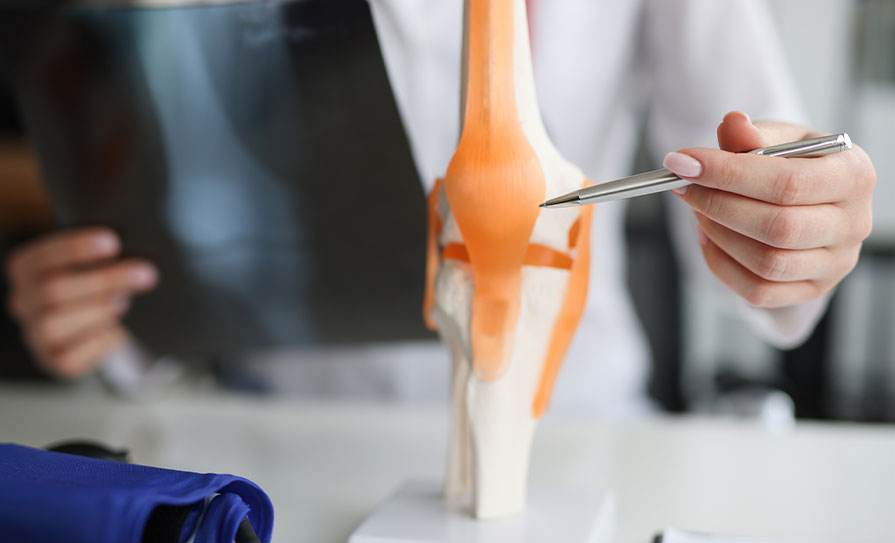Lack of facilities for rheumatology is impacting recruitment, waiting lists, and chronic disease management, the HSE National Clinical Lead for Rheumatology has told the Medical Independent (MI).
Speaking to MI at the recent Irish Society for Rheumatology Autumn Conference in Belfast, Prof David Kane said that while there had been a one-third increase in rheumatology consultant numbers through post-Covid initiatives, “most units find that there isn’t adequate space for all these new posts to operate optimally on their existing hospital sites.” The situation is having a “direct negative impact” on rheumatology waiting lists.
“I think [rheumatology] is a really attractive specialty for interns,” Prof Kane stated. “But like all medical specialties, the unattractive parts of it are the working conditions. We need to have good physical buildings and facilities in order to see patients to deliver good care.
“At the moment, the number one reason why my SHOs don’t come to clinic is because there isn’t a room in the clinic for them.
“It’s the same for GP trainees. We want GP trainees to come into our department and learn how to manage patients, so that they can manage those patients in the community and that [the patients] don’t all have to come to hospital.”
According to Prof Kane, “post-pandemic, some units have lost some of their existing infrastructure to be used by acute medicine/ITU [intensive therapy unit]/ED [emergency department] as per the increased needs for those areas during the two years of the pandemic.”
When developing new capacity, Prof Kane highlighted the need to “think outside the box”.
“If they [rheumatology centres] can’t thrive in the acute hospital site, should they be adjacent? Should they be in community centres? The programme [for rheumatology] is trying to emphasise at a national level that unless we invest in outpatient and day care facilities nationally, we can’t increase capacity.”
While there had been “huge investment” in expanding consultant numbers and increasing acute care beds, “we need to look at better solutions with integrated care.”













Leave a Reply
You must be logged in to post a comment.